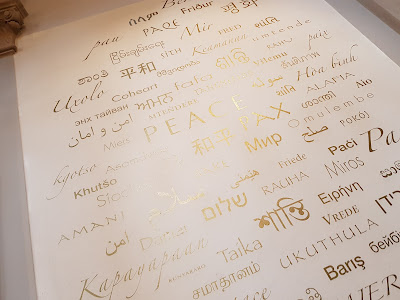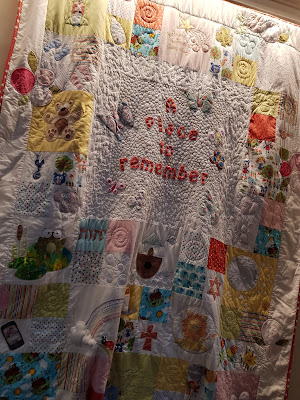Monday, 20 November 2023
Poweful read The Figurine by Victoria Hislop
Victoria! Victoria! You are amazing ... just closed the book just now finished reading this wonderfully crafted story.. You have totally pulled me in on its journey as if there with the characters, felt emotion and reaction to the characters. Got quite protective of Helena in parts.. I love what you have done, you researched and we learn much in the story. Even the clever way you use Greek words and phrases then in the craft of the story we learn the meaning. Quite moved as reminds me of my times in Athens but for different reasons to help Syrian refugees in Eleonas. But not visited islands.. .. now I have finished the book must catch up on cleaning lol as I could not put the book down a real absorbing page turner! Strong advice to those yet to read.. clean up in advance!.. and make sure lots of snacks in house as you will not wish to stop reading this thrilling book. THANK YOU 💞 Victoria I needed this escape into the adventure. 😘
Open Lab
Long covid symposium

Some other areas of discussion looked at Low Mood and Anxiety, Unhealthy Eating Patterns, Reduced Quality of Life, Early Dementia, Brain Fog. One of the Long Covid patients in the Zoom put forward how as in her 80s she had hot flushes something she had finished with long before in menopause. So this made us think of hormonal disturbances caused by long Covid given that women can experience brain fog in the menstrual cycle, post partum and peri menopause. So that was an interesting symptom to pursue. The resumption of those hot flushes was a key point brought to the table.
Some additional useful references found:
Tuesday, 14 November 2023
Hospital Ships
But we have seen hospitals bombed and medics lives lost giving care or at home with their families. So I joined a vigil outside Downing Street on Friday evening 10th Nov to remember those that had died. It was very moving and painful to hear how such amazingly skilled caring people now lost. We had doctors that have worked in Gaza remembering the friendships that developed. Organisation such as Medicin sans Frontiere, Medical Aid for Palestinians and Medact with media attended the vigil. Which was calm dignified and very very emotional.
I am campaigning for Hospital ships not war ships. IF the UN could negiotate not only ceasefire but break the sea blockade, then hospital ships could dock in the sea port. Their facilities with theatres and ITU beds could greatly help in csre of the sick and injured. So got my campaign placard in front of cameras in the vigil.. On Saturday circulated in the peace march in front of the US embassy and media cameras. Twittering the photos to key world leaders.
Sunday, 12 November 2023
Remembering
yesterday 11th November had a quiet time in London at St Thomas's hospital (where I used to be a midwife) and on the embankment..the covid Memorial wall was my first time seeing ..it really hits home how much the pandemic had hurt families. Lost loved ones fallen to the quite vicious critter of a virus. A virus that demanded serious attention to get under control in the nation and globally..
On site at St Thomas's had time by the Mary Secole statue and remembrance wreaths had been laid .. Mary worked in the war tending injured ..and then went on to the Florence Nightingale museum.. Florence a nursing hero caring for war injured and building our nursing careers with her dedication to ensure good team management. Both these women amazing nurses that taught us much on dedication to others healing and wellbeing. So a salute to their brave dedication to care.
Then had quiet time in the hospital chapel and found a beautiful and very moving corner to remember babies and children that have been lost to illness. Very a tear filling time given the wars in the world where children also being lost to adults war tantrum destruction . We need Global peace where our love care and compassion for one another unites us... life is very precious..




















.jpg)
































